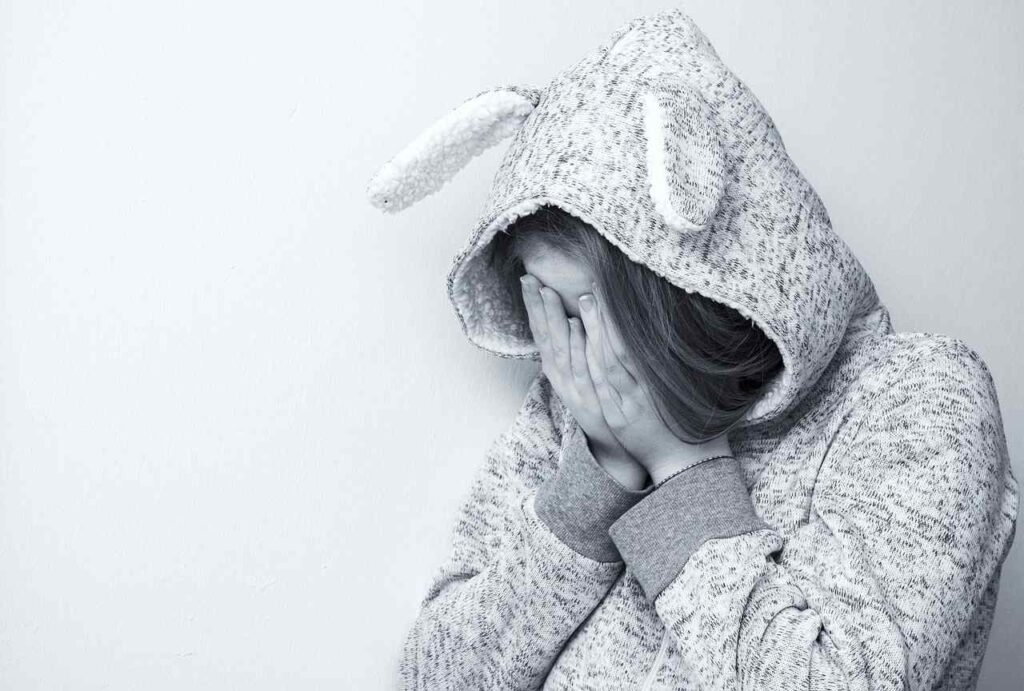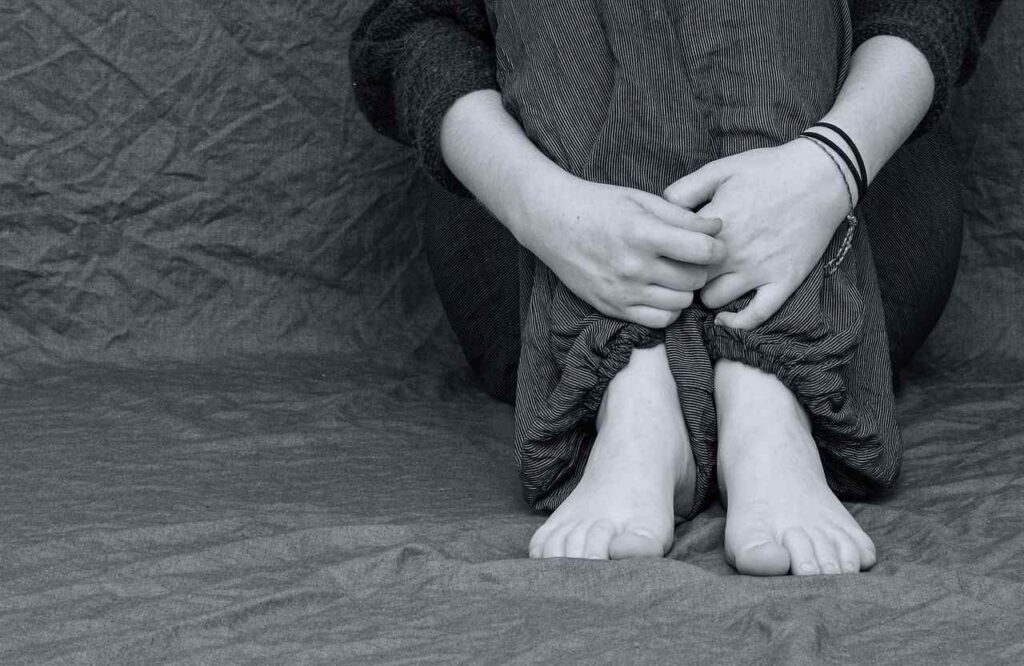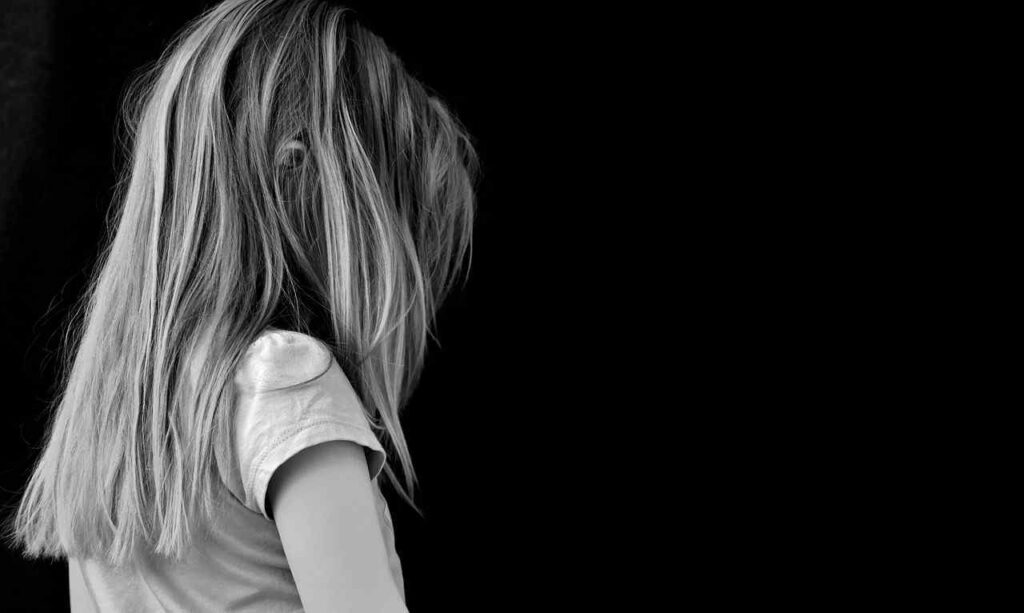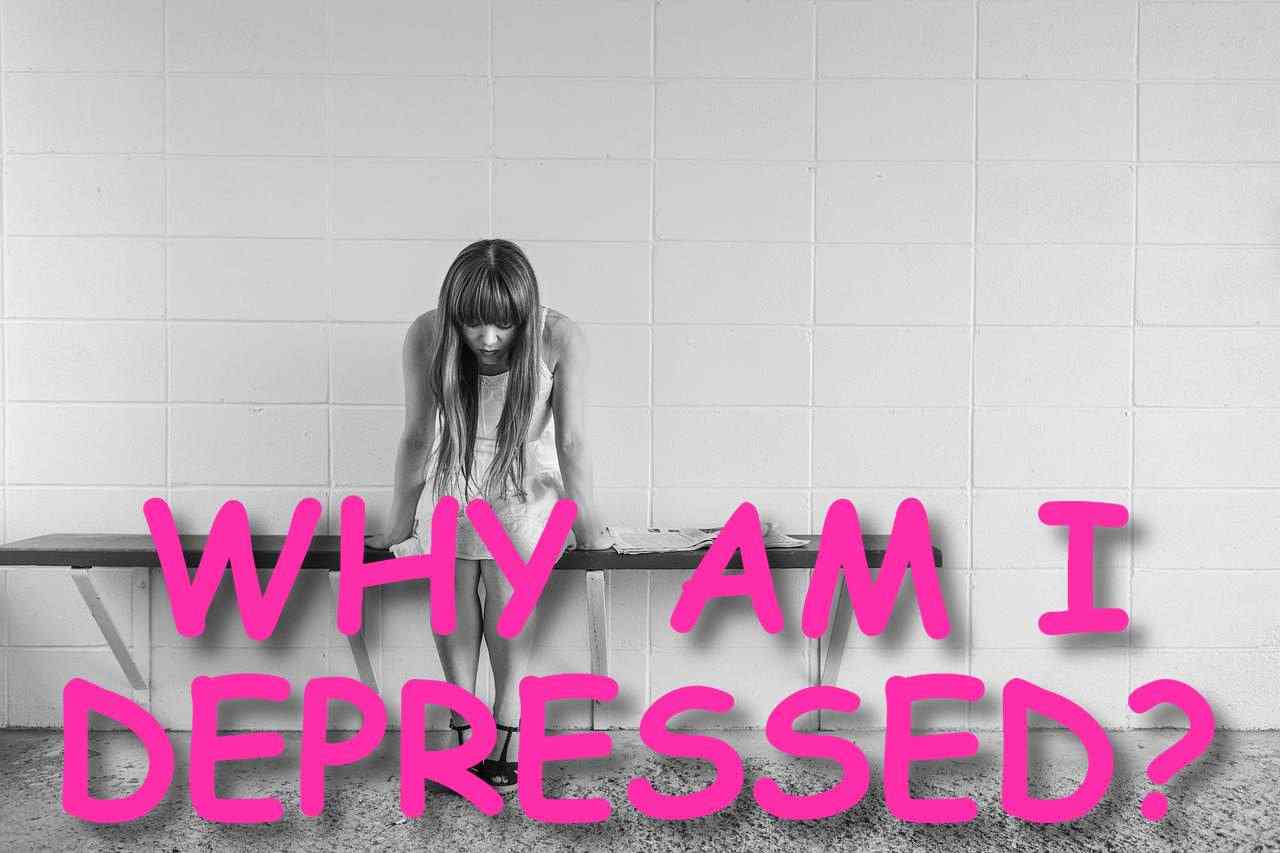Table of Contents
Depression is a widespread mental disorder that affects millions of people. It can lead to feelings of hopelessness and despair, loss of interest in activities, and changes in appetite and sleep patterns. In this article, we will discuss the risk factors, causes, symptoms, and treatment options of depression.
What are the risk factors associated with depression?
Genetics
One of the risk factors for depression is genetics. Research shows that people with a family history of depression are more likely to experience depression themselves. This does not mean that every person with a family history of depression will develop the condition, but it does increase their risk.
Environmental Factors
Environmental factors can also contribute to depression. Trauma, abuse, or neglect during childhood, financial difficulties, and unemployment are some of the examples that can trigger depression. Life events such as the death of loved ones, divorce, and other stressful situations can also lead to depression.
Personality Traits
Personality traits can also influence the onset of depression. People who are highly self-critical, pessimistic, or have low self-esteem are more vulnerable to depression. People who are unable to handle stress effectively or have a hard time expressing emotions may also be at risk for depression.

What are the primary causes of depression?
Brain Chemistry
Depression is also linked to an imbalance of neurotransmitters in the brain. Neurotransmitters are chemicals responsible for transmitting messages between brain cells. The decrease in the levels of serotonin, a neurotransmitter associated with mood regulation, can cause a depressed mood.
Medical Conditions
Underlying health conditions can also cause depression. For instance, chronic pain, thyroid disorders, and hormonal imbalances can lead to depression. People with chronic illnesses such as cancer, diabetes, and heart disease may also experience depression.
Lifestyle Factors
Lifestyle factors such as drug and alcohol abuse can also cause or contribute to depression. Lack of regular exercise, unhealthy diet, and excessive screen time can also affect mental health.

What are the indications of depression?
Feelings of Hopelessness and Despair
People with depression often experience feelings of hopelessness and despair. They may think that life is not worth living and may have thoughts of suicide.
Decrease of one's interest in activities.
Depression can cause people to lose interest in activities they once enjoyed. They may find it challenging to participate in social events and may isolate themselves from friends and family.
Changes in Appetite and Sleep Patterns
Depression can also cause changes in appetite and sleep patterns. People with depression may experience either an increase or decrease in appetite and may have difficulty falling asleep or wake up too early.

How Can I Deal with Depression?
Seeking Professional Help
If you think you may have depression, the first step is to seek professional help. A mental health professional can help to diagnose and treat depression. Your doctor may refer you to a psychologist or a psychiatrist who can prescribe medication if necessary.
Healthy Lifestyle Changes
Making healthy lifestyle changes can also help manage depression. Regular exercise, a balanced diet, and a good sleep routine can improve mental health. Reducing stress and avoiding drug and alcohol abuse are also important for managing depression.
Medication and Therapy
Antidepressants are medicines used to treat depression. They work by targeting neurotransmitters in the brain. Therapy is also an effective treatment option for depression. Cognitive-behavioral therapy (CBT) is one of the most common types of therapy used to treat depression.

What is Major Depressive Disorder (MDD)?
Symptoms and Diagnosis
Major Depressive Disorder (MDD) is a severe form of depression that affects a person’s ability to function in daily life. Symptoms of MDD are similar to that of depression, but they are more severe and last longer. A mental health professional can diagnose MDD by evaluating a person’s symptoms and medical history.
Treatment Options
The treatment options for MDD are similar to those for depression. Medication combined with therapy can help to manage MDD. Electroconvulsive therapy (ECT) and transcranial magnetic stimulation (TMS) are also treatment options for MDD.
Living with MDD
Living with MDD can be challenging, but with the right treatment, it is possible to manage the symptoms. It’s essential to have a support system in place and to follow your treatment plan consistently. Managing stress, getting regular exercise, and maintaining a healthy diet can also be helpful.
Depression affects millions of people worldwide, but it is treatable. As depression symptoms develop, it is important to seek professional help to overcome them. With the right treatment and support, you can beat depression..

Frequently Asked Questions About Why Am I Depressed
Q: What is depression?
A: Depression is a mood disorder that affects people in different ways. It can cause persistent feelings of sadness, low mood, and loss of interest in activities that were previously enjoyable. Depression is a serious mental health problem that can impact physical health if left untreated.
Q: What are the symptoms of depression?
A: Symptoms of depression may include feelings of hopelessness, guilt, or worthlessness, fatigue, trouble concentrating, loss of interest and pleasure in activities, changes in sleep patterns, appetite or weight changes, and even thoughts of suicide.
Q: What causes depression?
A: Depression is caused by a combination of factors, including changes in brain chemistry, genetic factors, life events, and other medical conditions. Negative thoughts can also contribute to depression.
Q: Am I at risk for depression?
A: Anyone can become depressed, but some people are at higher risk than others. Depression can run in families and those with a history of depression may be more likely to experience it again. Life events such as trauma, major transitions, or chronic stress can also increase your risk of depression.
Q: Can depression be a medical condition?
A: Yes, depression is a medical condition that requires diagnosis and treatment by a healthcare professional.
Q: How can I get help for my depression?
A: If you are experiencing depression symptoms, the first step is to talk to your doctor or a mental health professional. They can help you determine the best course of treatment, which may include talk therapy, medication, or a combination of both.
Q: What is the National Institute of Mental Health, and how can they help with depression?
A: The National Institute of Mental Health (NIMH) is a federal agency that conducts research on mental health issues. They provide information and resources for those struggling with mental health concerns, including depression. You can find helpful resources on their website or call their helpline to speak with someone directly.
Q: If I feel sad or down, does that mean I have depression?
A: No. Feeling sad or down at times is a normal part of life, and it does not necessarily mean that you have depression. Depression is characterized by persistent low mood and other symptoms that affect your daily life.
Q: Can depression develop later in life?
A: Yes, it is possible for someone to develop depression later in life. Life transitions, such as retirement or the loss of a loved one, can be particularly challenging and increase the risk of depression.
Q: How can negative thoughts affect my mood?
A: Negative thoughts can contribute to and worsen depression by fueling feelings of hopelessness and worthlessness. By identifying and challenging negative thoughts, individuals can learn to manage their depression more effectively.
Q: Who is at risk of developing depression?
A: Depression can affect anyone, but certain factors may increase your risk of developing the condition. These factors include a family member with depression, experiencing a traumatic event, and hormonal changes.
Q: What should I do if I feel depressed?
A: If you're encountering depressive symptoms, it's vital to seek medical advice. They can provide you with an accurate diagnosis and recommend appropriate treatment options.
Q: What are some treatments for depression?
A: Depression is usually treated with medication, therapy, or a combination of both. or a combination of both. Research indicates that regular exercise and a healthy diet may also improve your quality of life and reduce symptoms of depression.
Q: Can depression go away on its own?
A: Depression is unlikely to go away on its own and may worsen over time if left untreated. Seeking help from a healthcare professional can help manage and reduce symptoms of depression.
Q: Is depression more common in certain populations?
A: Depression affects people of all ages, genders, and races. However, research indicates that depression is more common in women and people who have a family member with depression.
Q: What should I do if someone I know has depression?
A: If you know someone with depression, it is important to be supportive and encouraging. Encourage them to seek help from a healthcare professional and provide them with a safe and non-judgmental environment to talk about their feelings.
Q: What is clinical depression?
A: Clinical depression is a severe form of depression that affects daily life and functioning. Someone with clinical depression may experience feelings of depression for weeks or months and require medical treatment.
Related Articles
Very Well Mind Why Am I Depressed?
https://www.verywellmind.com/how-can-a-person-be-depressed-for-no-reason-1066765
Tony Robbins Why Am I Depressed?
https://www.tonyrobbins.com/why-am-i-depressed/
Clinical Partners Why Am I Depressed 6 signs you should know about
Psych Alive
https://www.psychalive.org/am-i-depressed/
Aspen Ridge Recovery Center Why Am I Depressed For No Reason?
https://www.aspenridgerecoverycenters.com/why-am-i-depressed-for-no-reason/
YouTube Why Am I Depressed?
https://www.youtube.com/watch?v=W7bRGzFt2oE
Real Life Counselling Why Am I Depressed?
https://reallifecounseling.us/am-i-depressed/
QZ Why Am I Depressed?
https://qz.com/704395/am-i-depressed-or-just-an-adult
Choosing Therapy Why Am I Depressed Or Lazy?
https://www.choosingtherapy.com/depressed-or-lazy/
The Phoenix Spirit Why Am I Depressed When Everything Is Going Great For Me?
https://thephoenixspirit.com/2018/07/why-am-i-depressed-when-everything-is-going-great-for-me/
Brain Therapy Why Am I Depressed Test
https://braintherapytms.com/am-i-depressed-test/
Womens Health Mag Why Am I Depressed?
https://www.womenshealthmag.com/health/a19897555/am-i-depressed/
Nerd Momma Why Is Life So Hard?
https://nerdmomma.com/why-is-life-so-hard-8-reasons-why-life-is-so-hard/#more-3078
Nerd Momma Why Cant I Sleep?
https://nerdmomma.com/why-cant-i-sleep-insomnia-and-sleep-disorder/#more-2989
